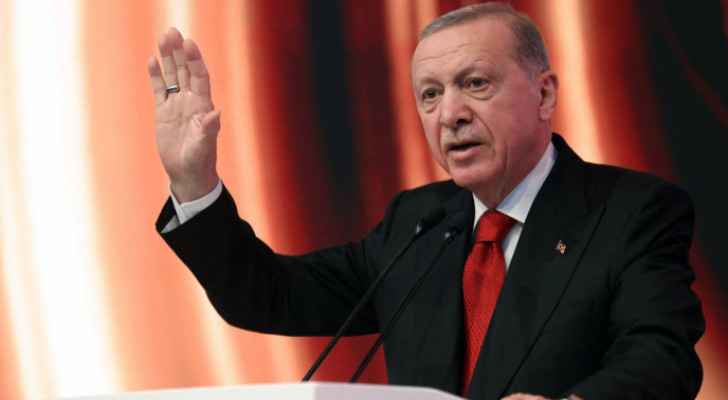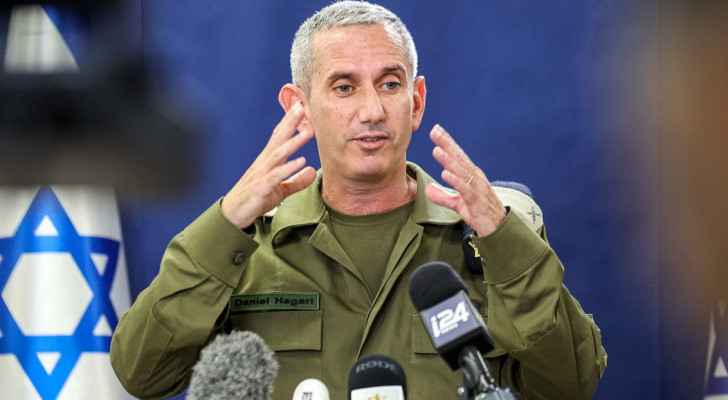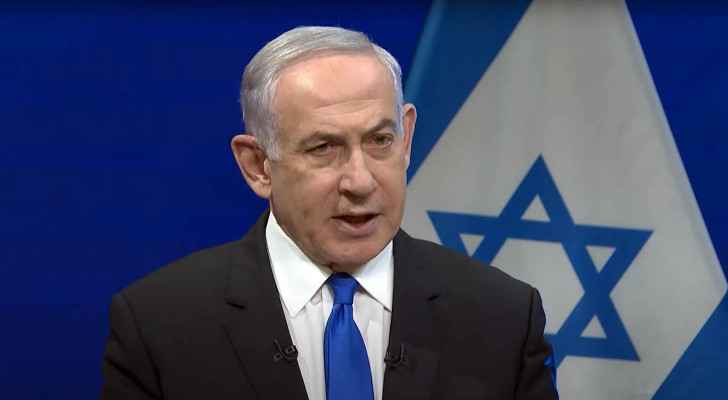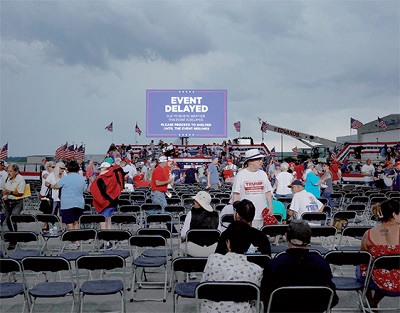Russia’s agile foreign policy and its benefits - By Maria Dubovikova, Al Arabiya
Until now, Russia seems to be the only player in Syria with a seemingly adequate strategy. At least it knows what it wants and reacts relatively fast to all the challenges and changes on the ground.
Russia changes the rules of the game and other players are left to react to the new reality. These game-changing moments have been happening fairly regularly since the beginning of the Syrian war. Russia has been involved in the war since its early days and while its initial role was solely diplomatic, it soon became active on the ground which complicated the game for other players.
Russia is, for the most part, turning the challenges it has faced into positives and successfully capitalized on Turkey’s recent moment of weakness related to the failed coup, Western criticism of the post-coup purges and a general sense of cooling relations between Turkey and the West.
In recent weeks, Turkey’s position on the Syrian crisis has changed and become more flexible. The Turkish prime minister announced on Saturday that Syrian President Bashar al-Assad could remain in the interim, but couldn’t be part of the future of Syria. This is in line with Russia’s stance on settling the crisis. Turkey’s prime minister also publically spoke on the possibility that Russia could use the Incirlik base, a base previously used by US forces to strike ISIS positions.
Shifting alliances?
Turkey closed the base after the coup and all but suspended the US’s use of it. Furthermore, the US had been storing nuclear missiles at the same military base. However, it has been re-ported that they were moved to Romania. Although this has not been confirmed, it has neither been denied.
Despite these reported moves, it should be remembered that the US need Turkey in its or-bit and Turkey knows it. The talk regarding the extradition of Turkish preacher Fethullah Gülen – Recep Tayyip Erdogan’s US-based antagonist – could result in ties heating up once again, especially if Russia is slow on its promises of increasing touristic cooperation with Tur-key.
For its part, Iran has criticized Russia for perceivably pursuing its own agenda in Syria, how-ever, recent events have forced the two into each other’s arms.
In recent weeks, it seems Russia lost control over the situation in Syria. The drama in Aleppo revealed miscalculations made by Russian strategists and the humanitarian corridors plan has all but failed. It has failed because of many reasons, notably the lack of broad international support and the absence of the United Nations, mistrust of both the Syrian regime and Russia itself. The blockage was broken through by the rebel offensive and those loyal to the Assad’s forces were pushed slightly back.
Neither Damascus nor Moscow have announced their true intentions in Aleppo. Russia declares that it only targets radicals and also accuses the US of being unable to tell the difference between radicals and moderates and failing to provide Russia with adequate intelligence.
Showing off
Russian usage of Iran’s Hamadan airbase was designed to show the international community that a new coalition is being built as a counter balance to the US-led one. It was a demon-stration of power.
So far, Russia has been flexing its muscles while targeting ISIS from ships in the Caspian Sea, with jets and with cruise missiles. However, the most recent demonstration of power seems to have been cut short with Iran’s announcement that Russia has stopped using the Hamadan airbase.
Russia was accused of using the base as a PR instrument. It was awkwardly accused of divulging information on the use of the military base. However, a few days ago the same officials were declaring that Iran would provide Russia with all needed infrastructure and that Russia could use the military base as long as it needed.
The changes in position show a severe split inside Iranian decision-making circles over rela-tions with Russia. It seems that having calculated the possible geopolitical risks of the usage of its military base by Russians, Iran decided not to irritate regional neighbors and the West as relations with them have a higher priority than ties with Russia. But the Russian Ministry of Defense was not caught unawares, though the official statement from them came a little bit late. It was declared that Russian planes could leave the Hamadan base as long as they have successfully finished the operations they were assigned to.
The withdrawal from Hamadan plays into international criticism of the Russian tenure at the base, based on its apparent violation of UN resolution 2231. Russia, it seems, is playing to its audience.
Russia is mercurial and can react to changes on the ground faster than its international peers. However, the game is becoming more intense and Russia needs to remain agile. It does still have a few trump cards but those remain to be played.
Latest News
 Safadi discusses war on Gaza with French, German delegations
Safadi discusses war on Gaza with French, German delegations Erdogan arrives in Baghdad for first official visit since 2011
Erdogan arrives in Baghdad for first official visit since 2011 “Israeli” army says it approved plans for “continuation of war in Gaza”
“Israeli” army says it approved plans for “continuation of war in Gaza” Netanyahu vows to increase military pressure on Hamas
Netanyahu vows to increase military pressure on Hamas Trump postpones first rally since trial began, due to bad weather
Trump postpones first rally since trial began, due to bad weather
Most Read Articles
- Safadi discusses war on Gaza with French, German delegations
- King from Madaba: Jordan has always proven its ability to move forward with persistence of Jordanians
- Prosecution lays out ‘criminal conspiracy’ in historic Trump trial
- Jordan sends 51-truck aid convoy to Gaza
- Turkey’s Erdogan in rare Iraq visit to discuss water, oil, security
- German envoy for Middle East hails Jordan’s role in Gaza aid
- FAO organises workshop on ecosystem-based water solutions
- Japan hands over ultrasound equipment to the JNRCS
- US Supreme Court weighs ban on homeless people sleeping outside
- Jordan applauds Azerbaijan-Armenia border agreement